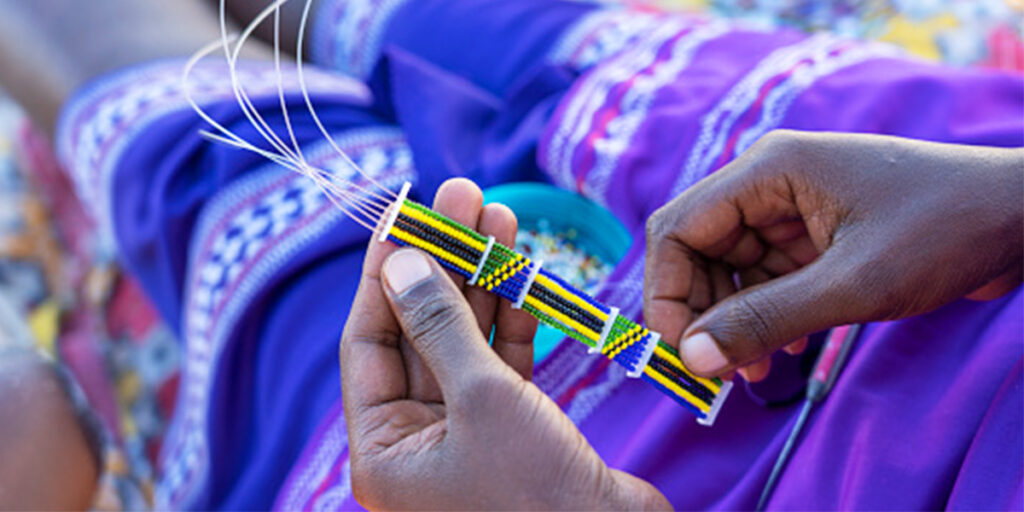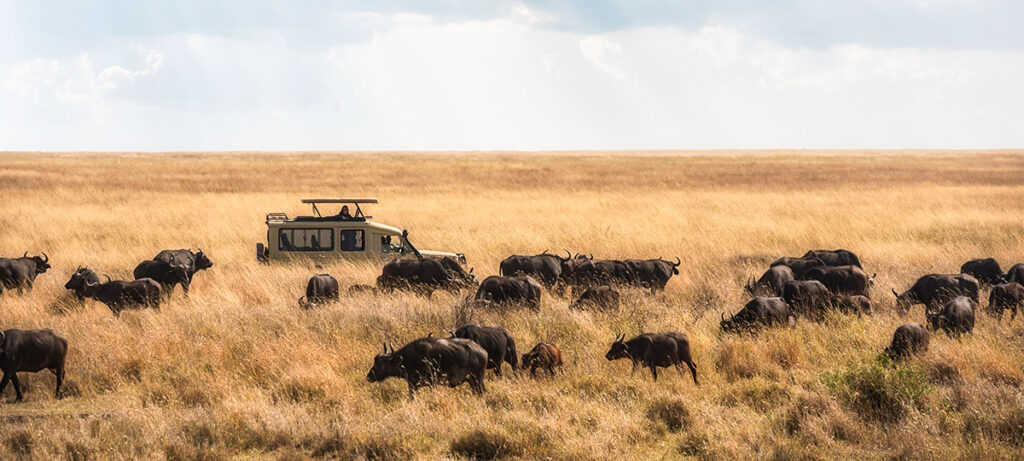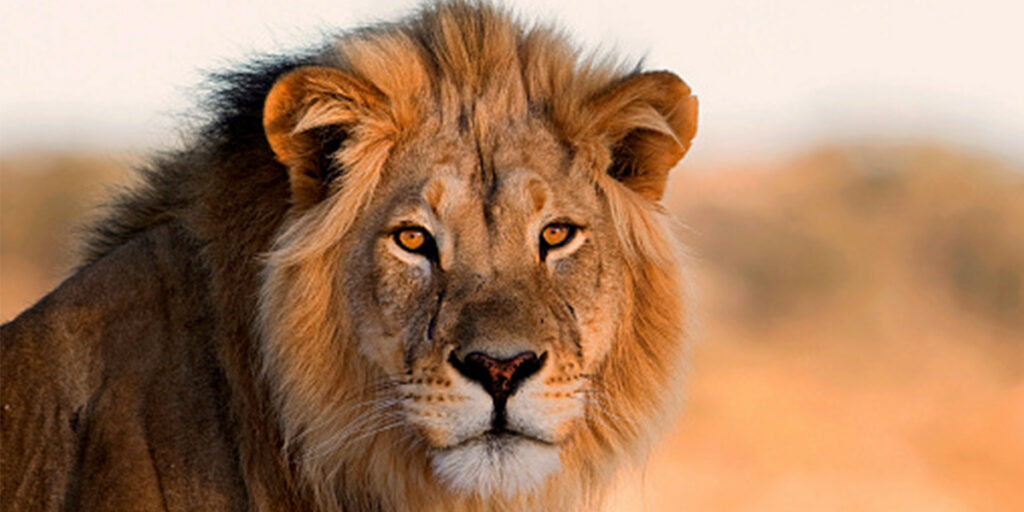A Maasai cultural tour, often added to a Tanzanian or Kenyan safari, offers a unique window into the traditions and history of this remarkable people. It’s a chance to connect with a living culture and gain a deeper appreciation for their way of life. The Maasai, the most famous tribe in East Africa, are celebrated for their vibrant clothing, unique customs, and profound connection to their ancestral lands.
Let’s delve into eight fascinating aspects of Maasai culture that will enrich your understanding of this captivating community.
1.The Maasai Identity
The Maasai are a semi-nomadic pastoralist community residing primarily in southern Kenya and northern Tanzania. Their identity is deeply rooted in their warrior traditions and a symbiotic relationship with their environment.
Despite the pressures of modernization, the Maasai have maintained a strong sense of cultural pride, adapting and evolving while preserving their core values.
At Ngowi Safari we offer immersive experiences within Maasai communities, offering day excursions and multiday safaris where you can engage with the Maasai people, explore their unique homesteads (manyattas), learn about their intricate customs, and gain insight into their distinctive worldview.
2. Exploring Maasai Cultural Tour Hubs in Tanzania
Tanzania offers diverse opportunities to experience authentic Maasai culture:
- Arusha Area: A convenient gateway for cultural immersion. Longido, near the Kenyan border, is known for its adherence to traditional Maasai practices. Monduli, west of Arusha, provides stunning landscapes and opportunities to interact with local communities and witness traditional ceremonies.
- Tarangire National Park Area: Here, the Maasai coexist alongside the region’s abundant wildlife. Combining your safari with visits to Maasai villages provides insight into their harmonious relationship with nature and their traditional land management practices.
- Serengeti National Park Area: While the Maasai presence within the Serengeti is less prominent, cultural experiences are available in adjacent areas. Enjoy the world-renowned Serengeti plains and visit Maasai communities to learn about their interactions with the surrounding ecosystem.
- Ngorongoro Conservation Area: The Ngorongoro Highlands have been home to the Maasai for generations, where they share this unique ecosystem with diverse wildlife. A Maasai cultural tour in this area demonstrates the Maasai’s role in environmental conservation and offers a glimpse into their daily routines.
- Kilimanjaro Area: West Kilimanjaro is home to Olpopongi Village, a popular destination for cultural tourism. Here, you can witness captivating Maasai dances, explore traditional crafts, and listen to captivating narratives, gaining a deeper understanding of their rich heritage.
- Manyara Area (Simanjiro): The Simanjiro Plains provide an ideal setting to observe the Maasai’s pastoral lifestyle. Witness their expert herding techniques and understand the profound significance of cattle in their culture and economy.
3. A Beautiful Mix of Colors
Maasai clothing is a colorful symbol of their culture. Both men and women wear shukas, which are bright wraps in red, blue, or black that help protect them from the weather. Beaded jewelry is very important in their tradition.
Women carefully make necklaces, bracelets, and earrings, using colors and patterns that show a person’s age, marriage status, and social position. Visitors may have a chance to wear traditional outfits and buy handmade jewelry as special souvenirs
4.Cattle and the Maasai Life
Cattle are central to Maasai life, holding both economic and spiritual value. They represent wealth and status, providing essential resources such as milk, meat, and (traditionally) blood.
Cattle also play a crucial role in ceremonies and rituals, symbolizing life, continuity, and the connection to their ancestors. A large herd signifies prosperity and commands respect within the community.
5.Clans, Age-Sets, and Governance
Maasai society is structured around a system of clans and age-sets, each with defined roles and responsibilities. Young men undergo initiation ceremonies to become warriors (the Morans), tasked with protecting the community and their livestock.
As men mature, they transition into elders, assuming leadership roles and making critical decisions that impact the community. This hierarchical structure ensures social order and facilitates the transmission of cultural knowledge and traditions. Respect for elders is very important. Children show this by bowing their heads to be touched as a sign of respect.
6.Rituals and Celebrations you may witness during a Maasai cultural tour
The Maasai observe a variety of ceremonies and rituals that mark significant life events. Who knows, you may witness one of these rituals during your Maasai cultural tour with Ngowi Safaris.:
- Eunoto: This pivotal ceremony signifies the transition of warriors into respected elders, involving elaborate rituals, communal feasts, and traditional dances.
- Enkipaata: A coming-of-age ceremony for young men, including circumcision and instruction in Maasai traditions and values.
- Orngesherr: This ceremony formally recognizes young men as warriors, granting them the responsibilities and privileges associated with this status.
7.The Adumu: A Display of Athleticism and Valor
The Adumu, or “jumping dance,” is a spectacular display of athleticism and courage central to Maasai culture. Young men leap high into the air, demonstrating their strength, agility, and competitive spirit. This iconic dance is often performed during ceremonies such as the Eunoto.
8.Living in Harmony with Nature
The Maasai have a profound respect for the natural world. Their semi-nomadic lifestyle, involving rotational grazing of their cattle, contributes to preventing overgrazing and maintaining the health of the rangelands.
Living in close proximity to wildlife, they possess an intimate understanding of animal behavior and play a vital role in conservation efforts, acting as stewards of their ancestral lands.
Conclusion:
Let us customize your Tanzania or Kenya visit with a Maasai Cultural Tour. Contact us today!



